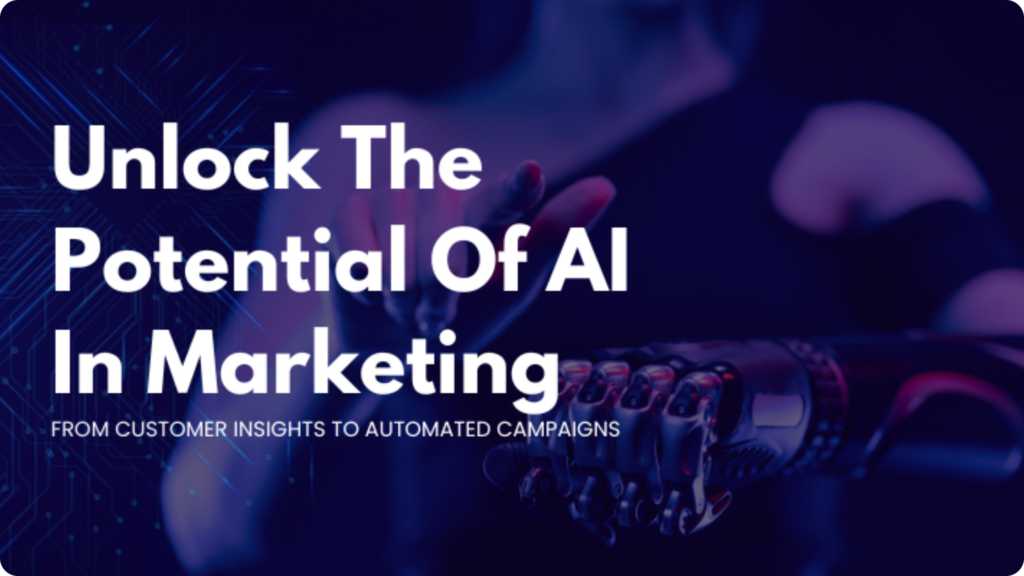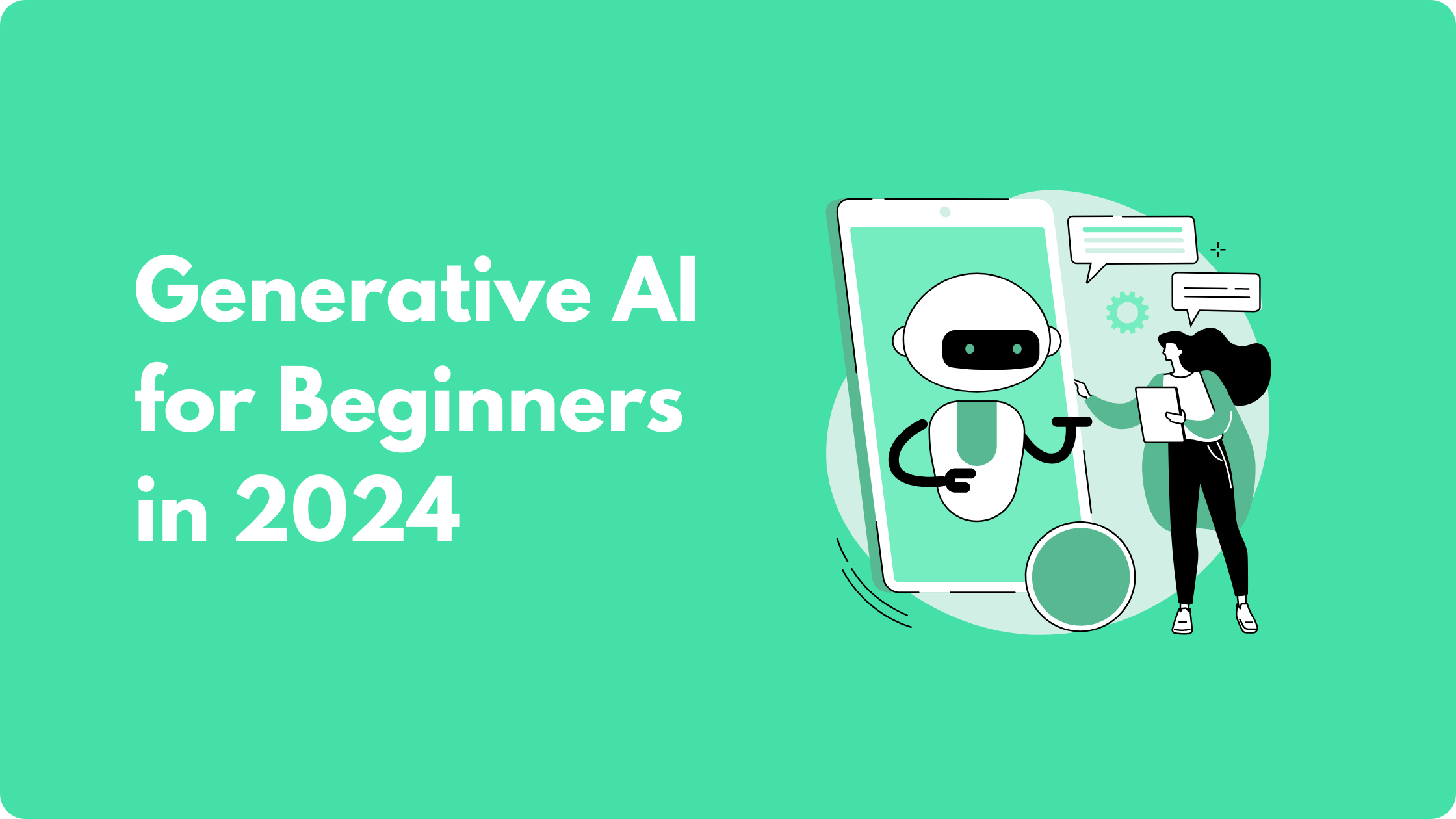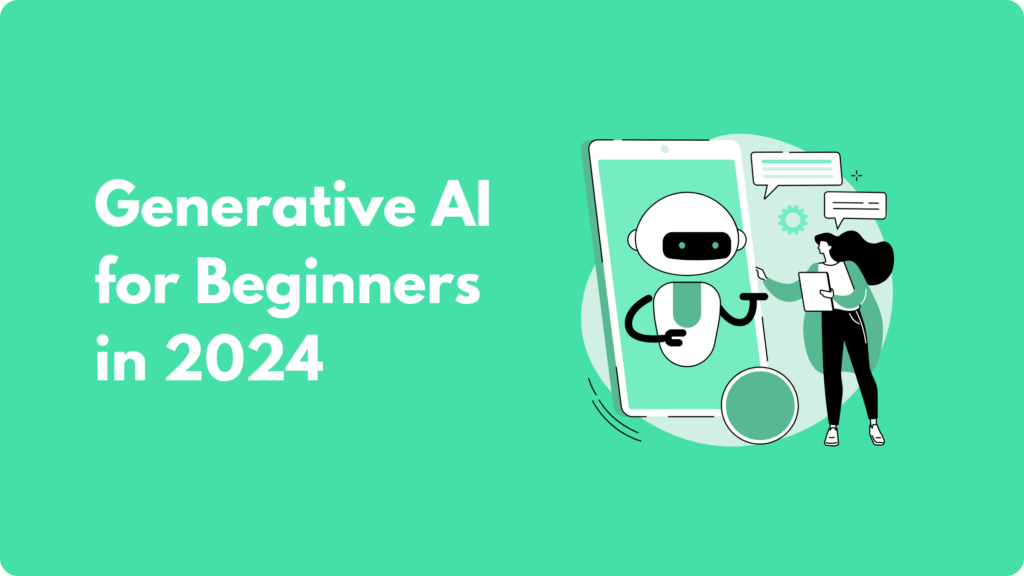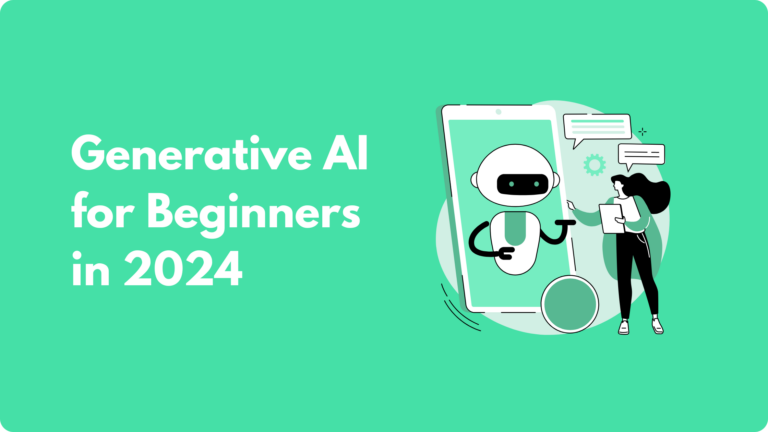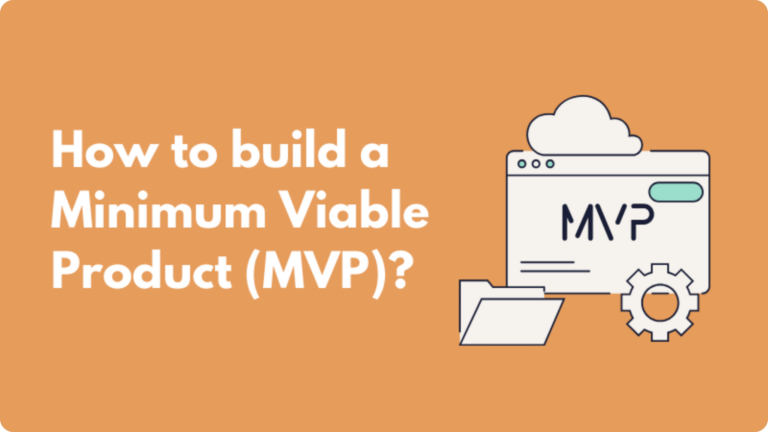Introduction
Artificial Intelligence (AI) and, more recently, generative AI advertising (GenAI) has changed the digital advertising landscape, transforming the way firms communicate with their customers while accomplishing their marketing goals.
It’s critical to realise that an organisation’s digital infrastructure affects how effective artificial intelligence is. AI is unable to realise its full potential in the absence of a reliable and useful infrastructure. Before businesses can take use of artificial intelligence, they must make sure that their digital infrastructure is up to par.
Of these, 62% said they were testing the solution, 23% said they were starting to apply it to their daily tasks, and 13% said they had previously done so without any issues.
What is AI marketing?

The use of artificial intelligence in marketing to produce tailored and optimized content is known as AI marketing. It involves using AI to create more relevant and consistent advertising, implementing chatbots to increase customer engagement, and automating content creation for usage across a range of marketing platforms.
AI marketing expands the possibilities for consumer acquisition and engagement, providing modern marketers with an enhanced toolkit.
Create a robust digital AI infrastructure
A strong digital infrastructure must have a number of components, including:
Information security and privacy: It is crucial to safeguard private information against hackers, illegal access, and other security lapses.
- Software updates: To guarantee that organisations and individuals are utilising the most recent security patches and bug fixes, a robust digital infrastructure also needs software updates.
- Tools for data analytics: These tools can aid in making sense of the information gathered. By using this data, decisions may be made more effectively and new opportunities can be found.
- Tools for cloud computing: These tools store and manage data, freeing up resources on-site and facilitating data access from any location.
- DevOps tools: By automating software development and deployment, DevOps tools increase the effectiveness of the software development process.
With a strong digital infrastructure in place, artificial intelligence (AI) can play a major role in many different business domains, overcoming conventional limits and revolutionising fundamental processes.
In the following article, we examine the possible advantages and ramifications of artificial intelligence (AI) in marketing, as well as how it can revolutionise companies.
Advantages Of AI in Marketing
This article covers the main advantages of artificial intelligence (AI) and how it is transforming marketing.
- Personalization at Scale: Marketers can provide tailored experiences at scale thanks to AI. AI examines enormous databases to comprehend unique client preferences, behaviours, and purchase histories using machine learning algorithms.
- Advanced Targeting and Segmentation:Exact targeting and segmentation are the strong points of AI-driven technologies. AI algorithms are able to recognize and classify distinct audience segments through the examination of a variety of data sets, such as demographics, online behaviour, and social interactions.
- Utilising Predictive Analytics to Make Strategic Decisions: With the use of artificial intelligence (AI), predictive analytics enables marketers to forecast customer trends and behaviours. Being proactive with strategy adjustments and maintaining an advantage over rivals requires foresight.
- Automation to Boost Consistency and Efficiency:Repetitive marketing processes are streamlined by AI-driven automation, giving marketers more time to concentrate on key objectives.
- Conversational Marketing with AI-Powered Chatbots: Using chatbots with AI transforms how customers connect with businesses. This guarantees that customer service is always available and improves the user experience.
- Content production and Curation: AI helps with content production by creating eye-catching images and compelling writing. Algorithms using natural language processing (NLP) can create content that sounds human, saving advertisers time and guaranteeing a consistent voice across all platforms.
- Creativity and Prospective Preparedness: Adopting AI is not merely a fad; rather, it is essential to being inventive and prepared for the future in the cutthroat world of marketing.
General AI marketing guidelines to follow

Even if they are becoming more and more popular, using AI in marketing demands careful planning in order to properly understand their complexities and realise its full potential. Here are some pointers for managers and experts integrating AI into their marketing fields.
Obtain support from the leadership
Getting the leadership’s approval is a crucial first step. This will be essential for securing the funding required for any marketing tools and for preparing the firms to use AI in their marketing initiatives.
Recognize the limitations and disadvantages
Although AI marketing is effective, it has certain drawbacks. For instance, data integrity is essential since inaccurate or biassed data can lead to misguided conclusions and tactics.
Respect the privacy of customers
Preserving client privacy is essential in the pursuit of tailored marketing. Observe moral and legal requirements, such as GDPR, when gathering and using data.
Avoid using AI automatically
While AI can automate many marketing jobs, human monitoring is still necessary to spot possible problems early. For example, it’s important to manage automated advertising efforts to make sure that the targeting and effective messaging are still current and suitable.
Keep that human touch
Hiring a marketer is still recommended even if you have access to AI marketing tools. Marketing teams can focus more of their time on building deep connections and creating stories that connect with people when they use AI to handle repetitive activities.
AI applications in marketing

A look at some use scenarios and practical suggestions for utilising AI in different marketing roles is provided here.
Creation of personas
In order to create complete profiles of ideal customers, personal building is essential since it forms the foundation for focused marketing activities.
Generating concepts and conducting brainstorming
Artificial intelligence (AI) tools facilitate the development of ideas, so your team won’t ever be staring at a blank page or an empty Google Doc.
Design and graphics
With little design resources, generative AI design tools such as Midjourney, DALL·E 2, and DALL-E Mini may generate logos, illustrations, and other graphic components, which can be very useful for startups or smaller tech firms.
Data interpretation
Data analysis is essential to comprehending consumer behaviour and the efficacy of campaigns. Artificial intelligence is capable of processing enormous volumes of data and delivering timely, insightful decision-making.
Creation of content
AI technologies can produce email headlines, first drafts, and landing page copy far more quickly than human editors, allowing writers to move from drafting to editing much more quickly.
Marketing of brands
Come up with catchy slogans and taglines that complement brand messaging. Come up with concepts for events and advertising that highlight your brand.


